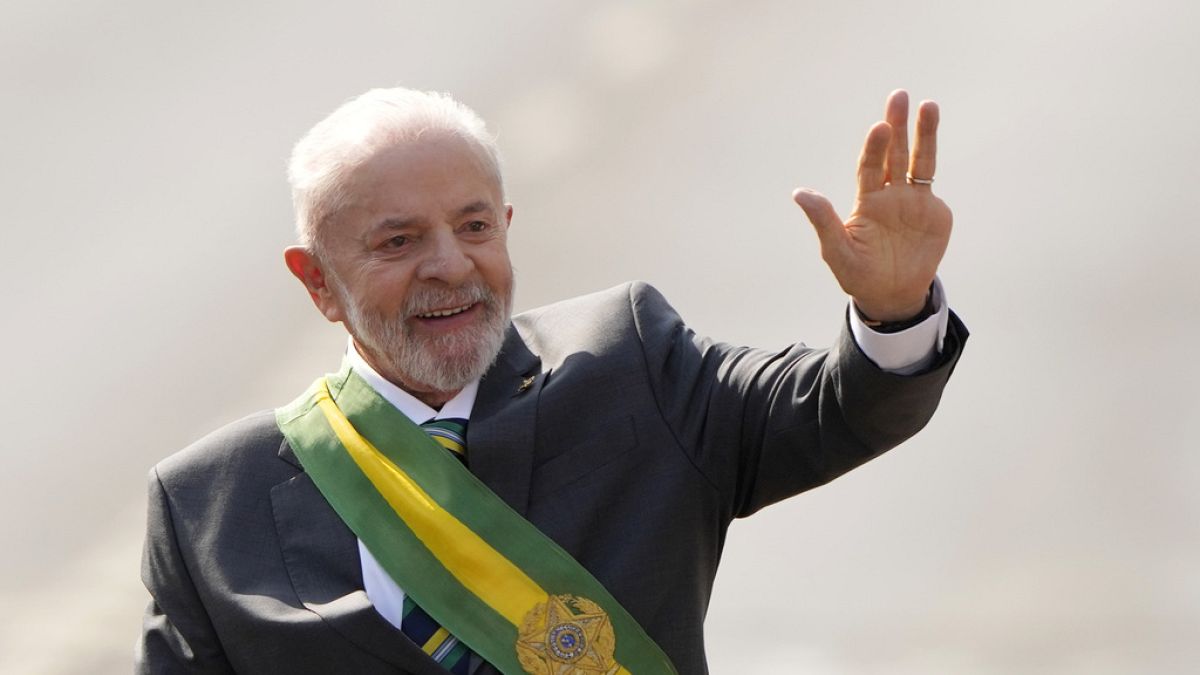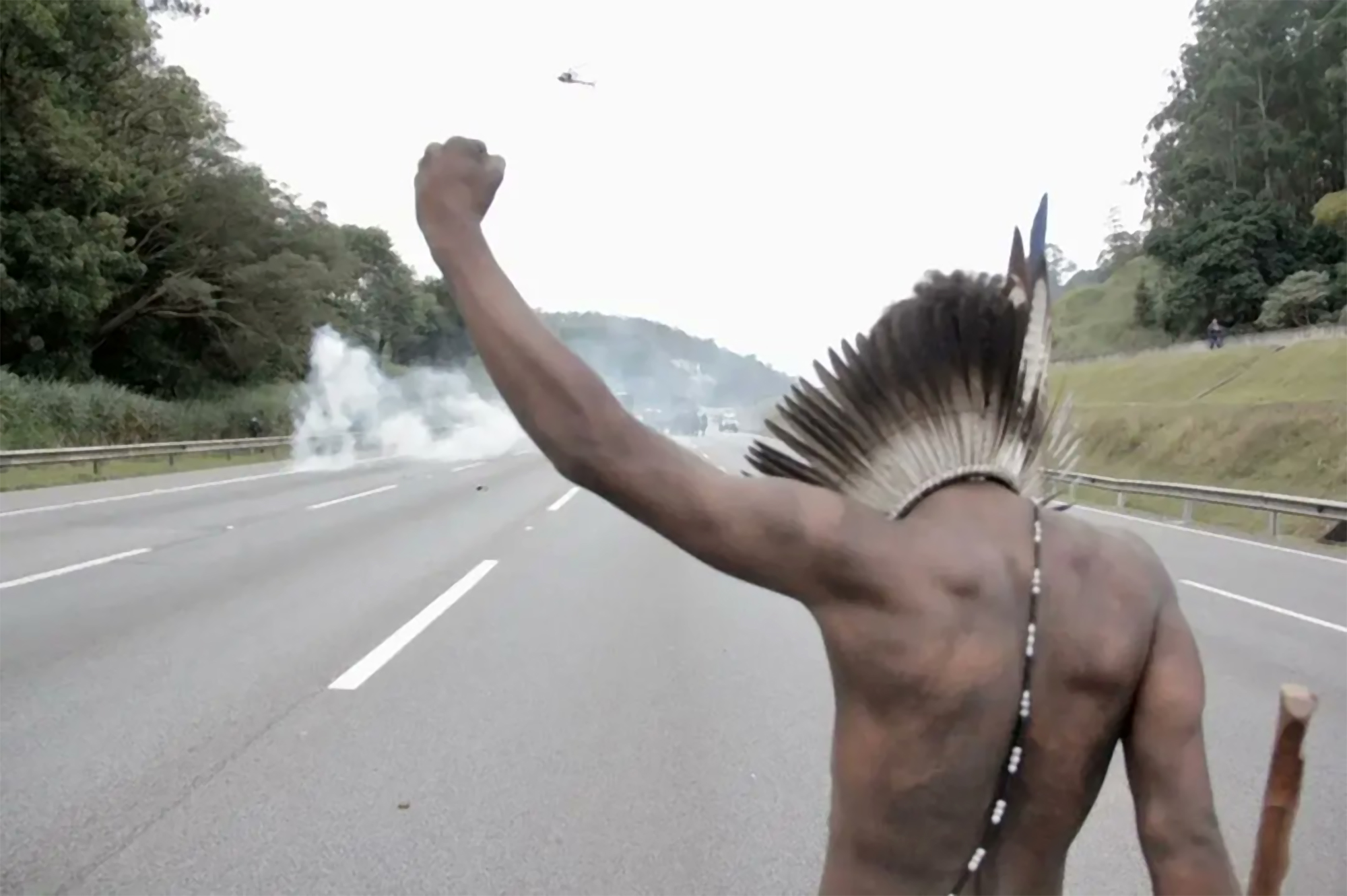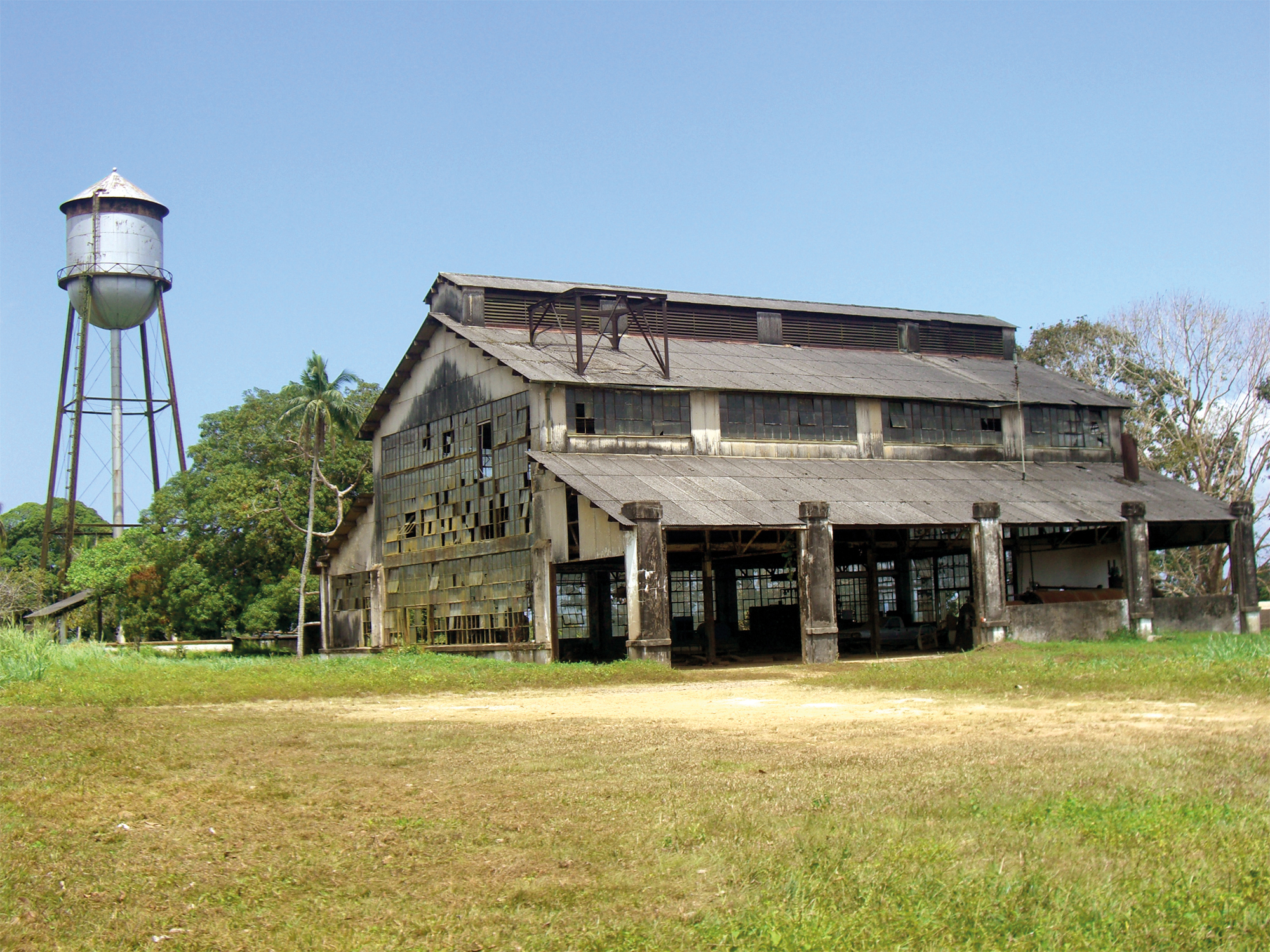"Although we are in resistance, from here we can create other ways of organizing life"
- Nalu Faria is a Brazilian feminist working in psychology. Member of the international committee of the World Women ' s March and member of the movement coordination team in your country. As part of the international meeting held in Bilbao in October, shortly after Bolsonaro’s arrival at the Brazilian pesidence, we had the opportunity to speak with him.

You bring it into the movement since the foundation of the World Women's March. What has the journey been like to this day?
The first international meeting of the World Women’s March took place in 1998, and in 2000 it was decided to take international action. The EMM started as a campaign, but due to the impact it had in many places, many countries proposed to follow the EMM in a more sustainable way, including Brazil. So it started to structure itself as an EMM movement.
With regard to the members of Brazil, the first positive effect of the movement was that it allowed the creation of a street movement with a position contrary to neoliberalism. In fact, at that time the movement of highly institutionalized women predominated, closely linked to the UN agenda, which distorted the concept of gender. The topic of neoliberal globalization was debated at that time and women were positioned in the international resistance that was being formed. That gave us alliances with force, visibility and other movements.
The process that the EMM had to transform itself into movement was very interesting: it sought to build its own agenda, as well as to carry out simultaneous actions in several countries. As it grew, creating alliances and deepening analysis, it was also positioning itself around issues such as ecology, harmonious life with nature, food sovereignty and dissident sexualities, showing an attitude contrary to racism and colonialism.
It has to be said that in the early years of the movement there was no talk of feminism with consensus, there was talk of women and their struggle. The word feminism was won, it can be said that we had a great job to base the idea of the anti-capitalist feminist movement.
We are experiencing the wave of liberal feminism. Has anti-capitalist feminism been put at risk?
The EMM has now faced the challenge of emphasising and reinforcing the popular and anti-capitalist dimension of the movement. We cannot speak of an anti-capitalist movement, whose subjects are not working-class women and women beyond the city. Women, professionals, college students of the so-called middle class, we want them among us, of course, with a class perspective. The incorporation of working-class women into the movement is important and has to do with the agenda, the forms of organization and the forms of mobilization.
Nalu Faria: “We have to reflect on how to build a collective feminist subject”
The challenge is to constantly ask the following question: “What unites us in our diversity, what can we be together?” We have to reflect on how to build a collective feminist subject that uses a broad political position with a feminist perspective in order to create another model of society.
As an international movement, each of the countries that make up it has its own particularities. However, you believe in alliances and popular power.
Although our realities are different, contexts and situations are common. In short, capital is dedicated to organizing individual lives through the precariousness of work and the commodification of life and nature. When I affirm the precariousness of work, I am also talking about the occupation of territories, forced displacement and the destruction of livelihoods. We are suffering from a generalized process of precariousness of life, which has a marked heteropatriarchal and racist character.
This increase in exploitation and oppression is also a way of forcing women to work more with the aim of maintaining life, since the current model is an increasingly used model for the work of unpaid women. Women are the ones who suffer most from the economic crisis. If that is the case, we must create collective forms of mutual aid. We have to think about the paths that allow us to emerge from a direct relationship with the capitalist market, to go on building ways to confront the crisis and to build alternatives. We have to raise people's awareness of the need to consume things here, the solidarity economy is growing among us, and that also has to do with weaving networks and social ties. Despite being in resistance, from it we can create other ways of organizing life. It is a challenge, we will have to see if we are able to deal with it.
.jpg)
At the meeting you spoke of the restructuring of capitalism, of the new forms it has adopted and of its many consequences. What of these conclusions are shown in the current situation in Brazil?
In Brazil and in some countries in South America, governments that were dedicated to allocating resources and recovering the State are being attacked. The labour reforms that are taking place, for example, are not reforms in themselves, but attempts to abolish labour rights. We are being stripped of the few labour rights we have acquired. The connection between social policies and attacks on economic aspects is evident, they are attacks on democracy, which are part of the same policy.
On the other hand, Brazil is a country with a huge unemployment rate. In all cities there is a lot of unemployment, but Sao Paulo is the most prominent. People are living back in the street, a problem that was practically gone. Capitalism precaries lives and criminalizes the poor, which also has a gender dimension. In Brazil, for example, there is genocide and imprisonment of young people, which means that many young mothers have to support their lives alone, either by prison or by the death of their partner. These young women keep their lives with the help of their mothers and grandmothers. Men go to jail and women are dedicated to supporting life.
Nalu Faria: “There is a fascist conservative wave that wants to impose fear. This is also a reaction to the advancement of feminism and the LGBTI movement in many countries.”
We have been seeing attacks on democracy for many years. In many parts of the world, neoliberalism no longer convinces people. As we valued at the meeting, a conservative fascist wave is taking place that seeks to impose fear. This is also a reaction to the advancements of feminism and the LGBTI movement in many countries.
Brazil’s President, Jair Bolsonaro, has taken over the presidency of Brazil. How do you experience this political change?
What has happened has been terrible, at the beginning of the year few could imagine it to happen that way. At the moment it is not possible to predict what is coming to us. For four years, people have been coming out in the street in a very systematic way, processes are underway and the fronts of movements and parties are being strengthened. A process of building the unity of social movements is also under way, hopefully it will be retained. It is possible that from now on there will be a lot of resistance, people will make an effort. On the other hand, the use of Bolsonaro and the violence of its followers is brutal. We do not know where this violent situation will lead us.
As a movement, if we want to confront what's coming to us, we need to have the ability to think about strategies for building strength. I believe that at the moment it is also important to strengthen international struggles. In South America, since 2015 we have been building the Continental Day for Democracy and against Neoliberalism, in which we have already seen the change of context and the offensive of neoliberalism. I believe that we will have to put a great deal of strength into that, in order to avoid being alone and having the support of other countries.

Now that Bolsonaro has come to power, Joao Pedro Stédil (MST) has said that the only path left to the Brazilian people is resistance. A long journey, isn't it?
For us, yes. Some sectors of the movements have been surprised that they have managed to snatch the left, something that, given the panorama of society, seemed difficult. The main party on the left, the Workers’ Party (PT), suffers too many attacks, including the arrest of Lula da Silva. However, the resistance and solidarity that we showed in the face of this fact, and the response that Lula gave us, caused the situation to be solved a little and encouraged people to defend the PT. In the past, disappointment and disillusionment were the most prevalent of the day. Getting to the site where we are has been amazing. I believe that at a time when the crisis and unemployment are growing, there will be more people in resistance.
Bolsonaro’s entire speech is based on adjustment policies, it has no possibility of making populist policies, as the military have done during the dictatorship. The military indebted the country, increased industrialization and there was a certain division. That is why the dictatorship had no opposition for so many years, because the citizens felt that improvements were being made in their lives. It was the feeling of indebtedness, which would take us to the IMF for the first time after 1981. Bolsonaro, however, has no possibility of using populist policies.
Recently, on 14 March, activist and political Marielle Franco was murdered in Rio de Janeiro in the framework of the Civil War. Do you fear that the presence of Bolsonaro in power will increase the risk situation that social leaders live today?
The situation of social leaders in South America is very serious. In Brazil there have always been numerous murders of rural leaders, who are coming to the city. Show of this murder of Marielle. The intensification of attacks on social leaders is something that is taking place in Brazil and that is summarized in the criminalization of the struggle. It is worrying.
The feeling of fear and the security of militancy are aspects that we will have to learn how to manage. Where I am, meetings are already underway to discuss security.
The 2015 UN Violence Map places Brazil fifth in terms of violence against women. The data is terrible.
Brazil is a generally violent country, even more so with women and gays. The number of femicides is very high, and in Brazil 5,000 women are killed every year, every thirteen days, one every two hours. Every four seconds they attack a woman.
It is clear to us that policies to address male violence are scarce in our country. In addition, they are grounded in grief and have very little ability to prevent the recurrence of violence. I think it's a challenge for women to think about other ways of coping with violence, so that we don't find the solution just at the police station. We should think about networks and new forms of self-organization, as the data indicate that in neighborhoods where women are organized violence decreases.
There are several people to study, including Elon Musk. The idea of freedom that they have seems to come from the need to control everything, to have all the power, because being all the power is easier to create business, there is no discussion; the hegemonic models grow with... [+]
Many Basques await the arrival of sunny summer days. “It’s not common for this time to be done in May,” some say, “earlier it was,” others. The people of Lazkao and Maule do not know how to blame climate change and what not, but they have surprised the heavy spring... [+]












-(1).jpg)












